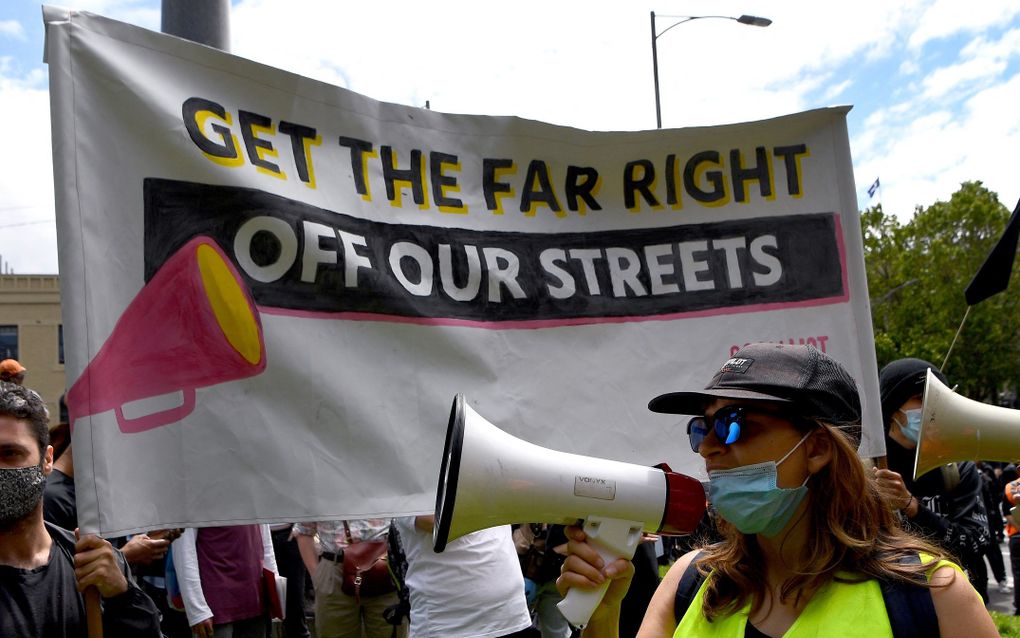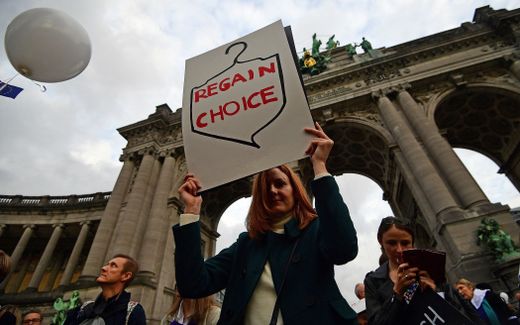Study: Left-voting people are more intolerant than their right-voting counterparts

People attend a counter-protest against demonstrators taking part in a rally against Covid-19 lockdown and vaccination measure. Photo AFP, William West
European Union
The more left-leaning someone is, the less likely he or she will accept others with a different worldview. That is the remarkable conclusion of a new study.
That is the conclusion of a new study on polarisation by the Mercator Forum on Migration and Democracy (Uni Dresden). Researchers discovered that those who pride themselves in being tolerant and open-minded are often less accepting than the conservatives, whom they accuse of being intolerant.
Education
Educated people with a high income who live in urban areas, in general, are the most intolerant to others with a different opinion, the researchers write in their report. They are more polarised than their lower-income, rural and lesser educated fellow citizens.
Often, the less intolerant people vote for left-wing or environmental parties, while voters of Christian Democratic or other more conservative parties are more accepting toward people with opinions differing from their own. "On average, those who hold comparatively progressive positions aimed at political change tend to evaluate people holding similar positions very positively while expressing very negative feelings toward those who have different opinions. By contrast, people who hold comparatively conservative views or who locate themselves in the political centre are less polarised", the report states.
Swiss political scientist Michael Hermann is not surprised by this outcome. "Leftists claim to work for the good, for the weak and minorities, and they see themselves more in the right, and also in the right to tackle those who are on the 'wrong side'", he explains to Livenet.
Identity
Author Bettina Weber points out that polarisation has increased because people do not see their worldview as a political attitude anymore. "Increasingly, they see it as part of one's own identity", she says. For that reason, Weber believes, it is harder to find a political compromise. "Everything becomes very personal, and anyone who does not share their own view is quickly perceived as a threat."
Social benefits
Not the issues of gender equality or policies concerning sexual minorities are most dividing, but issues of immigration, the Covid-19 pandemic and social benefits cause the most polarisation, the study concludes.
Concerning immigration, citizens in Czechia, Sweden and the Netherlands are clearly for stricter rules and tightened legislation. In Spain, on the other hand, people lean more towards a more liberal and welcoming policy for migrants.
Polarisation
The study consists of a survey conducted in 2022. In total, about 20,000 people in ten EU countries answered questions related to polarisation. Among the participating nation-states were the Czech Republic, France, Germany, Greece, the Netherlands, Poland and Sweden.
Related Articles











